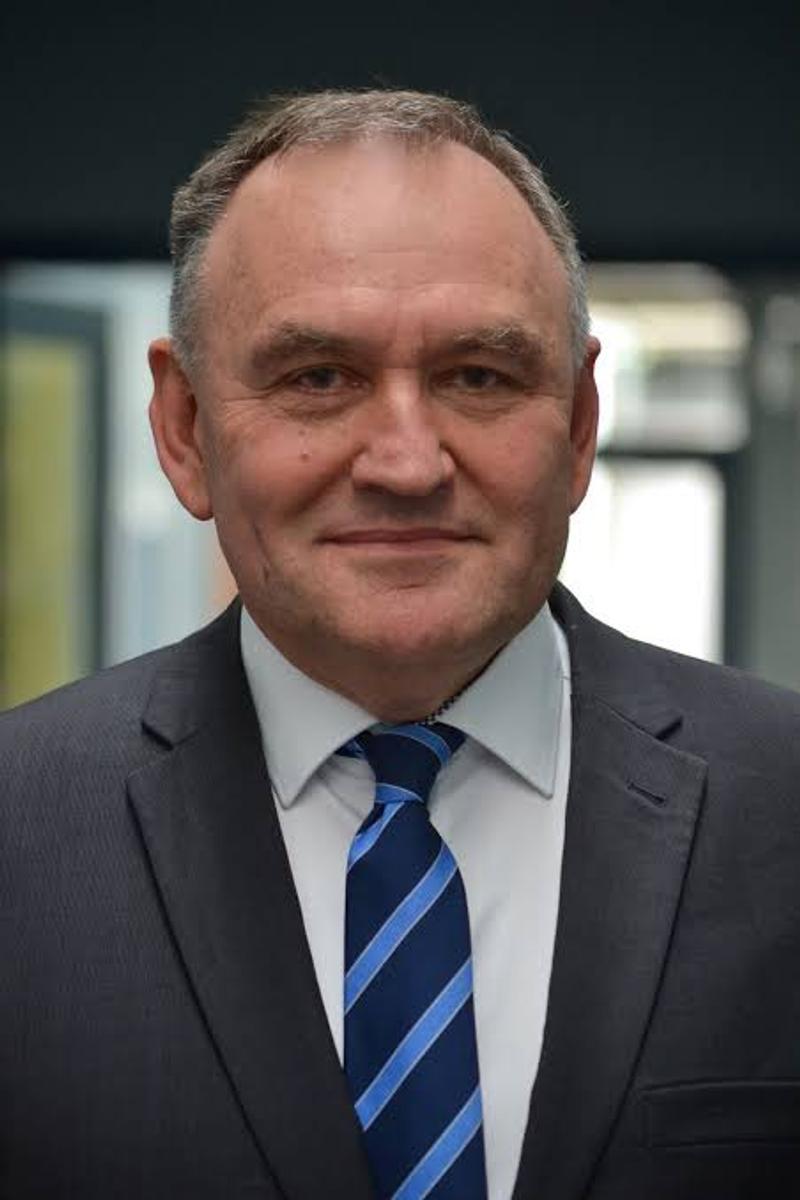From the Memory Box
Henry Grossek- Principal Berwick Lodge Primary School

From the Memory Box
Henry Grossek- Principal Berwick Lodge Primary School
Issue No 15


Ever overreached on your expectations of others? Underestimated your own capabilities? I was reminded of my capacity to do both when I recently came across an engrossing new book by Annie Lawson, Stoic at Work: Ancient Wisdom to Make Your Job a Bit Less Annoying. Lawson draws on the wisdom of Marcus Aurelius, philosopher and Emperor of the Roman Empire, 2000 years ago.
Lawson’s premise for focusing on Marcus Aurelius in writing her book was given that he could run the Roman Empire. Surely then, she could deal with someone eating apples right next to her desk or uses the phrase ‘circle back’ in meetings.
Marcus Aurelius, she noted, always felt that when you rise in the morning, expect to meet annoying, frustrating, middling people. And when you do, you are well-prepared to deal with them and you will not be disappointed.
Marcus Aurelius was heavily influenced by the Stoic philosophy which had been founded in Greece around 304BC by Zeno, a once- wealthy merchant whose life had changed when he was shipwrecked. Stoic philosophy has been highly influential throughout the ages with its particular emphasis on ethics, physics and logic.
Of course, we live in a world in many ways, vastly different to those of the ancient Greeks and Romans. That doesn’t mean however, as Lawson adroitly argues, that we cannot learn from them. After all, as she says, “Those fundamental Stoic notions of thinking about what you can control and what you can’t, and what does matter and what doesn’t, remain as relevant today as back in Roman times.”
Simple and powerful - the writings of our ancient philosophers have shown to be, in many ways, timeless. Yet, from my experience, easier to acknowledge than to always put into practice. How, for example, do we reconcile the burdensome bureaucratic processes and volume of administrative tasks beyond doing our core business, that are required of us? All the while time waits for no-one. Over what then do we have control? Our perspective is an obvious, if not always readily managed option for control. From that flows our actions, albeit often limited, though options nonetheless.
Dr Simon Breakspear, researcher, advisor and speaker on educational leadership provides some valuable guidance with regard to the vexing challenge of assuming control over one’s work-life balance. Central to his approach is what he calls, ‘The Pruning Principle’.
Breakspear acknowledges that school leaders and their staff are overloaded and exhausted, seemingly collectively stuck in a relentless ‘additive cycle’ of expanding the number of commitments, programs and initiatives. Breakspear’s answer is what he terms ‘strategic subtraction’ or doing less as an antidote.
Easier said than done? Maybe, but it may also be not as difficult as might be assumed. That’s where perspective or one’s attitude kicks in.
Back to my questions, inspired by the reference to the writings of Marcus Aurelius. On more than a few occasions I have allowed myself to overreach on my expectations of others. Had I heeded the wisdom of Marcus Aurelius, my subsequent state of mind and ensuing actions would almost certainly have been different.
More broadly speaking, recognising and acting on the potential of perspective, as a vehicle for self-empowerment, should not be undervalued.